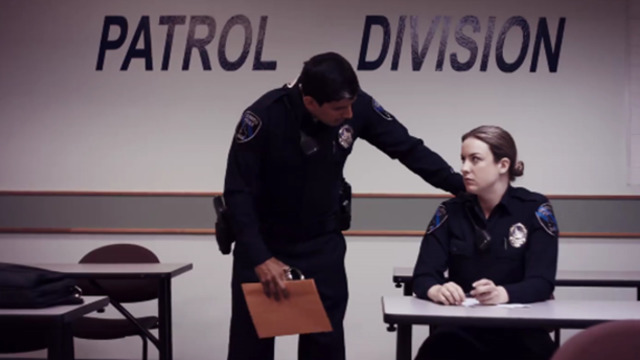sharif
VIP Member
- Banned
- #1
15 ways to manage stress in the workplace
Stress is the biggest killer in today world, destroys relationships and damages productivity. I want to discuss about misery and suffering from top 15 stress management tips.
1. Centring
2. Tense and relax
3. Exercise
4. Sleep
5. Mindfulness
6. Cognitive reframing: Action and acceptance
7. Commitment (time) management
8. Attention management
9. Empathy/listening
10.Gratitude
11.NVC, social support and team building
12.Laughter, creativity and play
13.Organise
14.Design
15.Find out the meaning of your life
Hope anyone still in problem due to stress try caption stress management tips which suits you.
Yours faithfully
( Ashfaq Sharif )
Stress is the biggest killer in today world, destroys relationships and damages productivity. I want to discuss about misery and suffering from top 15 stress management tips.
1. Centring
2. Tense and relax
3. Exercise
4. Sleep
5. Mindfulness
6. Cognitive reframing: Action and acceptance
7. Commitment (time) management
8. Attention management
9. Empathy/listening
10.Gratitude
11.NVC, social support and team building
12.Laughter, creativity and play
13.Organise
14.Design
15.Find out the meaning of your life
Hope anyone still in problem due to stress try caption stress management tips which suits you.
Yours faithfully
( Ashfaq Sharif )





